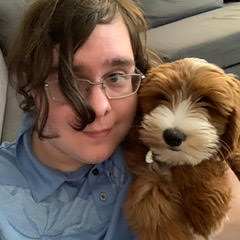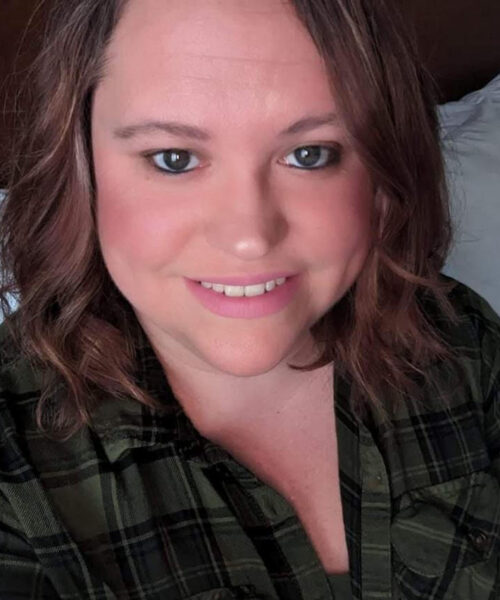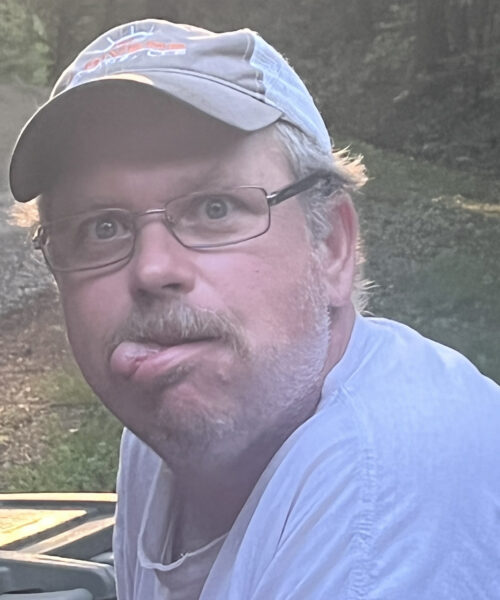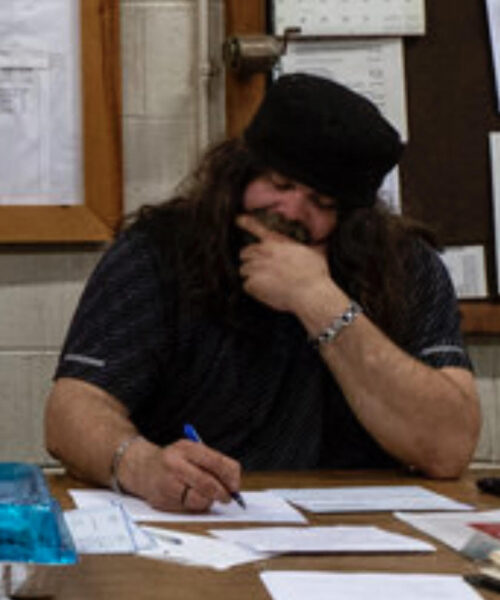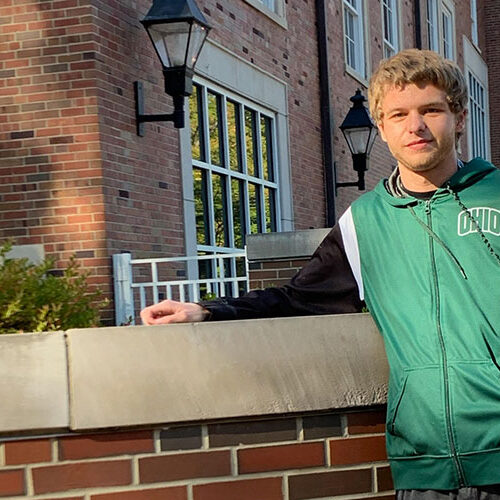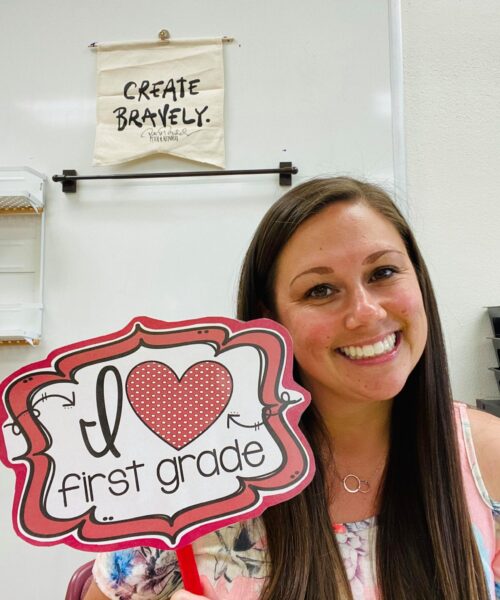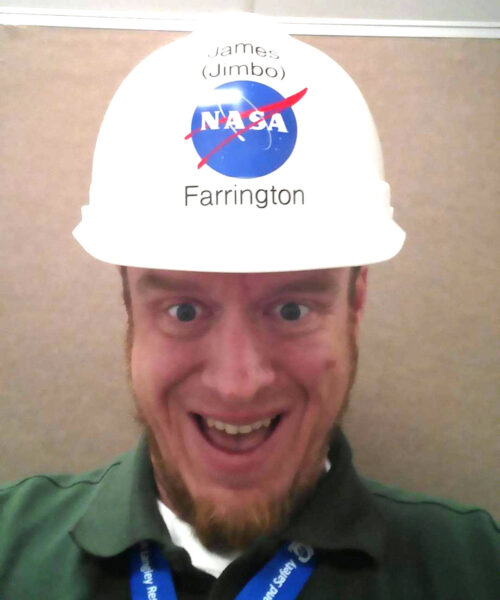After graduating in 2012, I began my Bachelor of Science degree in Computer Science from Ohio University’s Honors Tutorial College in Fall 2012. I received my B.S. in CS from OU HTC in 2016. While at OU, I helped found Bobcat Tabletop, OU’s board gaming club. Subsequently, I served as both treasurer and president. Additionally, I was a member of OUs chapter of the Association of Computing Machinery (ACM) — a professional society for computer scientists — all four years of undergrad. As a member of ACM, I was able to participate in the International Collegiate Programming Contest (ICPC), which has each school put teams of 3 people to participate against other school all across the globe to solve programming problems in a fixed amount of time. I was President of OU’s ACM chapter my Junior and Senior year.
HTC’s main difference from other programs at OU is their use of the tutorial system. Each semester every HTC student has a tutorial, a one-on-one course with a faculty member, on a subject the student and faculty member are both interested in. At the end of your degree, you are expected to write a thesis as your final 2 tutorials. I chose to focus my tutorials on autonomous robots, specifically on how robots can be used to map unknown environments without human help. My thesis was honorably mentioned for best written HTC thesis in 2016.
My junior and senior year, I was a Hollings Scholar, an award given to roughly 100 students each year in fields related to the National Oceanic and Atmospheric Administration (NOAA)’s mission (2014-2016). As part of the program, during the summer between Junior and Senior year (Summer 2015), I interned with NOAA’s infographic department where I developed NOAA Weatherview, an educational tool that displays real-time updated weather forecasts for the next week on a global scale.
I started my PhD and MA in computer science at Princeton University in Fall 2016. Between Undergrad and Graduate school, I decided to switch from robotics to a field of study called Programming Languages. Programming languages (PL) is a field of CS that is concerned with what do programs mean semantically, how do you reason about programs, and what does it mean for a program to be correct. In Summer 2017, I was able to publish and present my work in a conference in Barcelona, Spain and I also attended a summer school in Oregon for PhD students studying PL related topics.
In Summer 2018, I was a research intern at GrammaTech, a company focused on automatically finding bugs that is located in Ithaca, NY— problems in a program that may cause it to behave unexpectedly. I worked with a research scientist at the company to develop a warning management system that tries to display bug warnings in an intelligent manner. In Winter 2019, I attended a winter school in Lisbon, Portugal for PhD students studying PL related topics, and I was able to publish and present more of my work at a conference in Lisbon, Portugal.
In spring 2019, I taught Basic college math at Edna Mahan Correctional Facility as part of the Prison Teaching Initiative (PTI), a group focused on delivering college education to prison inmates as a form of rehabilitation to reduce recidivism. Between 2017-2021, I and five other PhD students volunteering with PTI have worked to develop a CS curriculum for the program. The class will be taught for the first time in Spring 2022!
In Summer 2020, I was an applied science intern at Amazon’s Automated Reasoning Group (ARG). ARG has many tasks, but its primary goal is on improving the reliability of Amazon’s Web Services. I worked on a technique to monitor distributed systems and prevent those monitored systems from behaving incorrectly (e.g. a system would give no response rather than giving a bad response).
I expect to receive my PhD in CS from Princeton University.
Aside from all of that, I adopted a puppy in the summer of 2021, his name is Leo and he’s super cute! He’s a miniature golden doodle.

